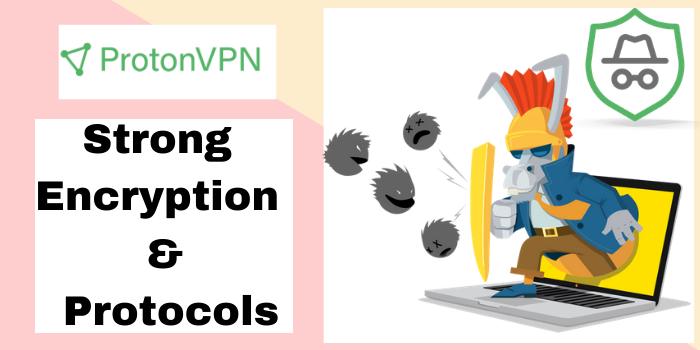
Ever wondered how Gmail’s features like Smart Compose or Smart Reply work? They use historical data from your previous conversations to offer predictions while you’re typing an email. It gives them access to your email’s content and metadata, so your correspondence isn’t private. Your ESP (email service provider) shouldn’t store the key on its servers, yet this is precisely what most of them do. Who should own the decryption keys? There’s only one correct answer to this question-the email recipient. Partial encryption advertised as full-scale protection.Misleading marketing tricks can make you opt for a service with significant drawbacks, most notably: It’s often intentional as some providers use it to make customers think they offer more protection than they actually do. Most secure email services on the marketĬommon pitfalls of free email services The term “encryption” is being thrown around quite loosely in the online security space.Only encryption type that fully protects your data.Issues popular free email providers suffer from.Our guide will help you weed out such providers and find the email service that meets all your privacy needs by pointing out: The only problem is that many services make bold promises about encryption but fall short when delivering on them. Here’s some good news-you can find free encrypted email providers and have complete control over your data. Individuals and businesses are searching for the best ways to keep their correspondence private, preferably without burning a hole in their pockets.

Considering there is no family sharing, and especially with the only service I can realistically use right now being Proton Mail.As users awake to the importance of online security, the email encryption market is expected to hit $166.85 billion by 2030-a massive jump from $23.73 billion in 2021. I have been looking at where I can save on my monthly subscriptions and have seriously been asking myself if Proton is at all worth it right now. I could get all I need for only £38 by combining Apple One with Microsoft Office, but that would mean transitioning to using iCloud Mail, or if I went exclusively with Microsoft, the cost would be £8 plus a nominal fee for SimpleLogin, making the total about £12 per month, the same as what I pay for my Proton subscription alone, but would require me to use Outlook for my email. That is an additional £33, bringing the total to £70.98 monthly. Then, they have no family sharing, so I still have to pay for Apple One.

That's a total of £37.98 to have an encrypted email provider. £12 almost for Proton (of which I can only use the email) service right now. That would not be bad if their services were fully functional, and they also provided other things like Notes, integration with Microsoft Office (to store and access files in the Drive), etc. Specifically, it’s with the cost of what you get.įor that, I am paying almost €13.


 0 kommentar(er)
0 kommentar(er)
